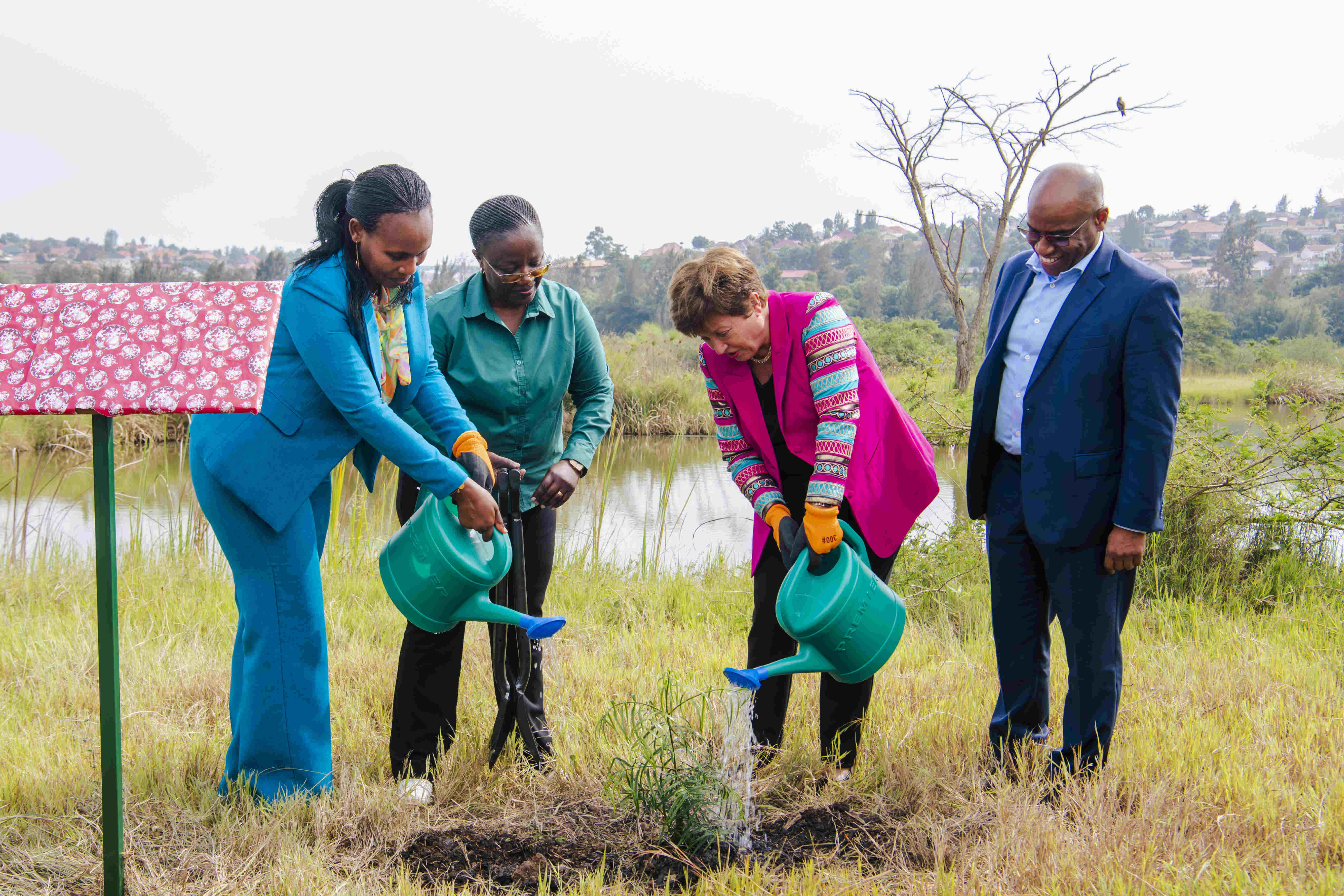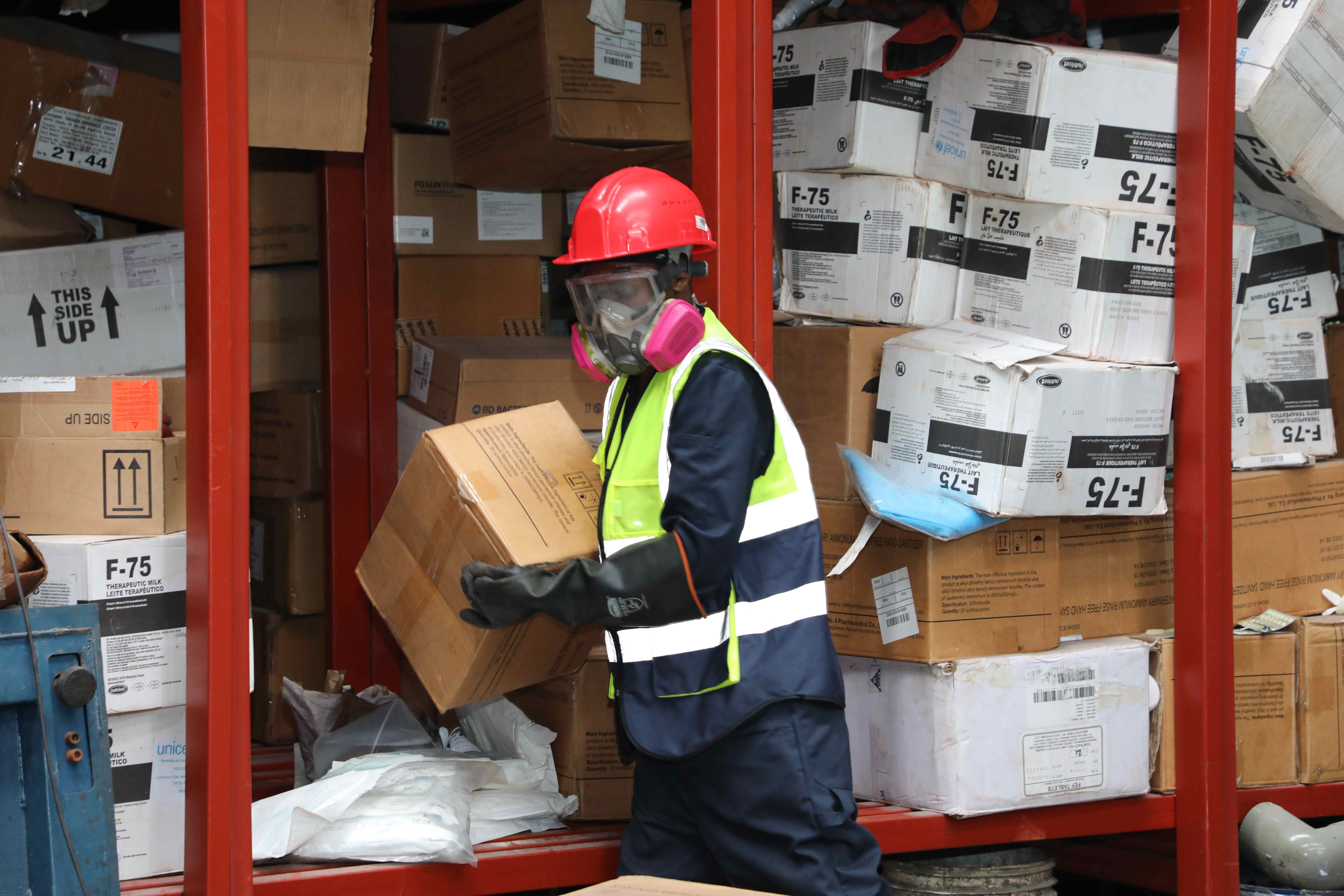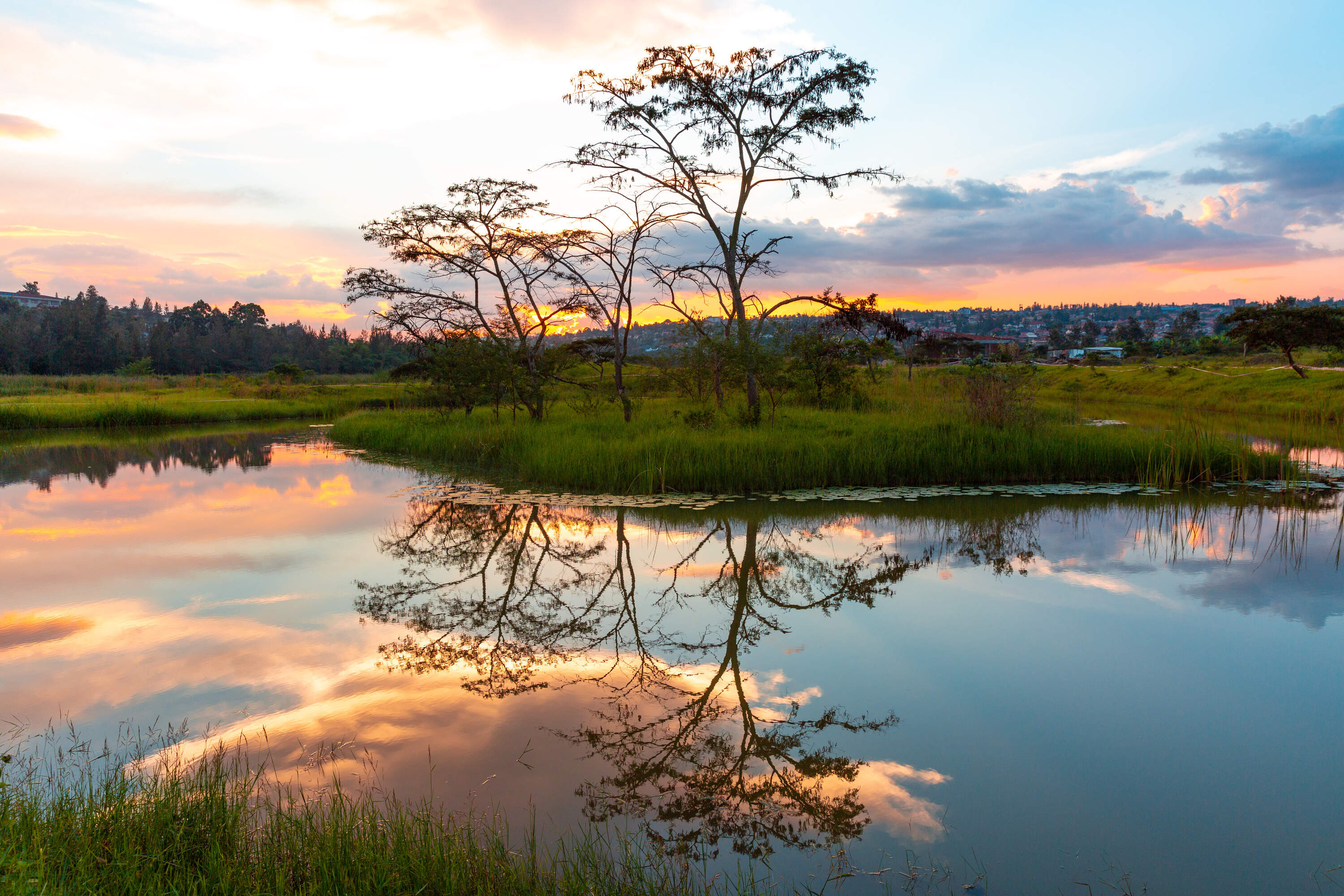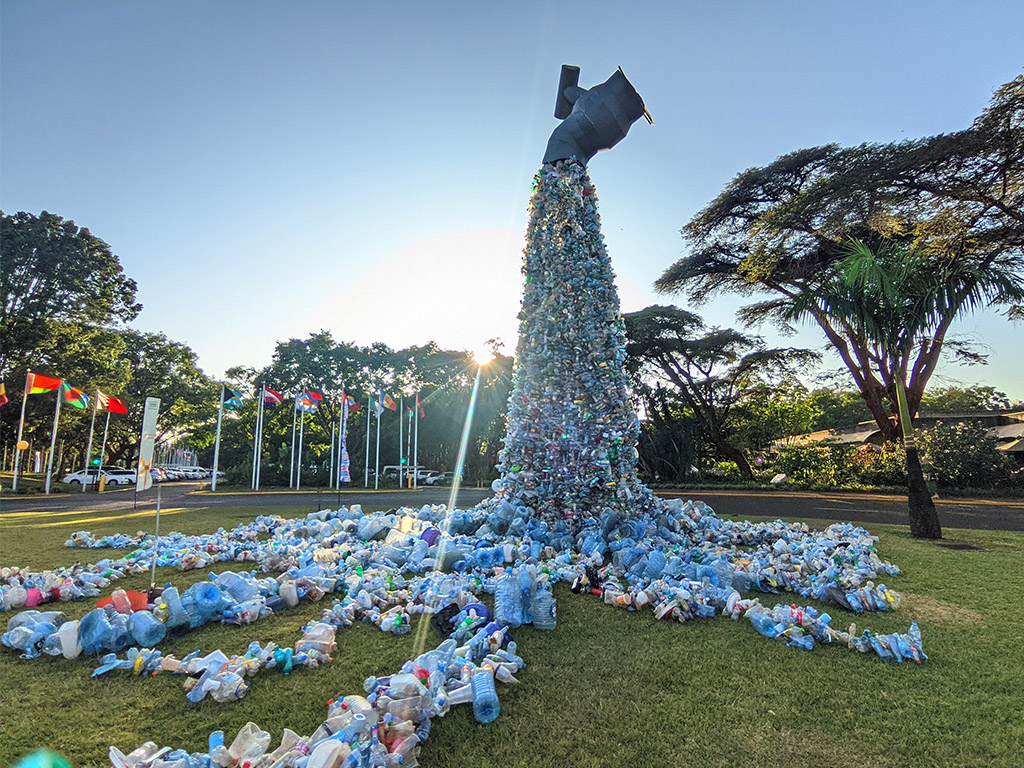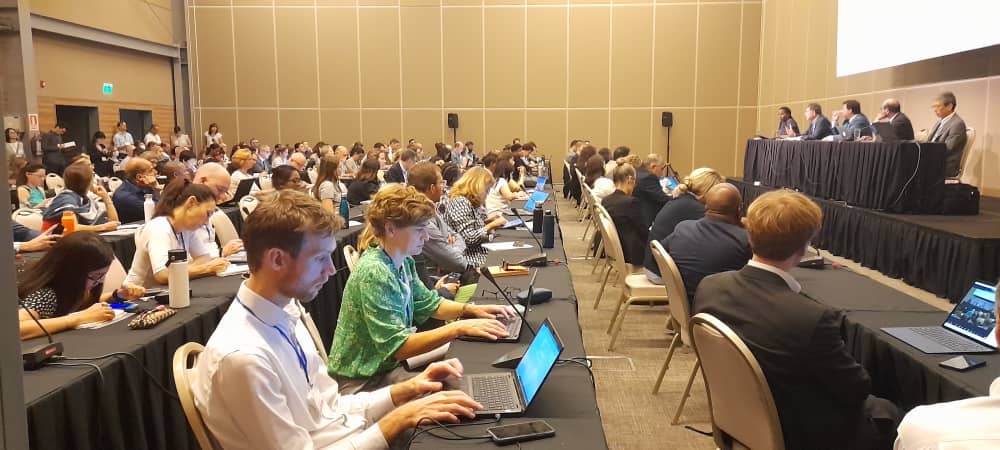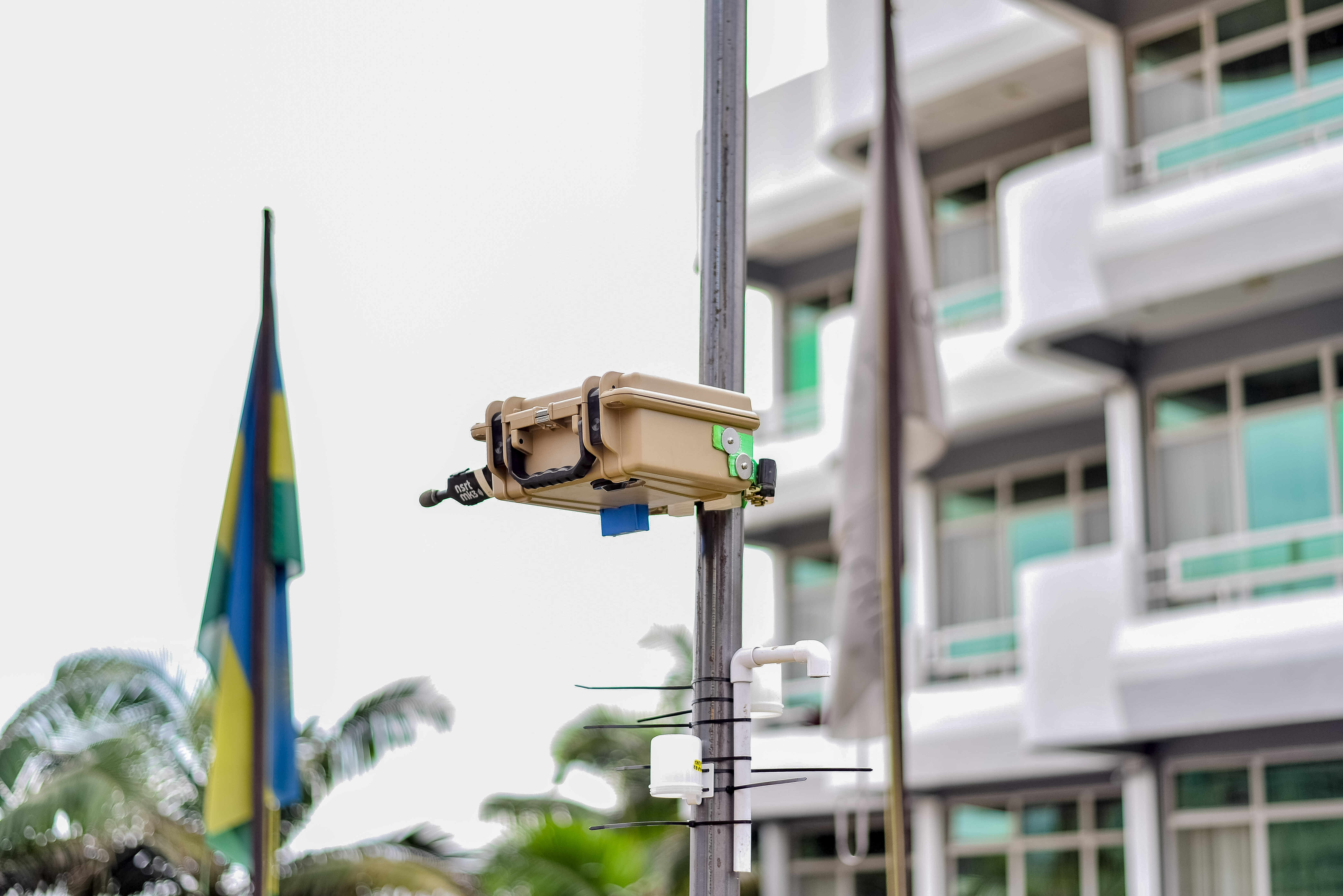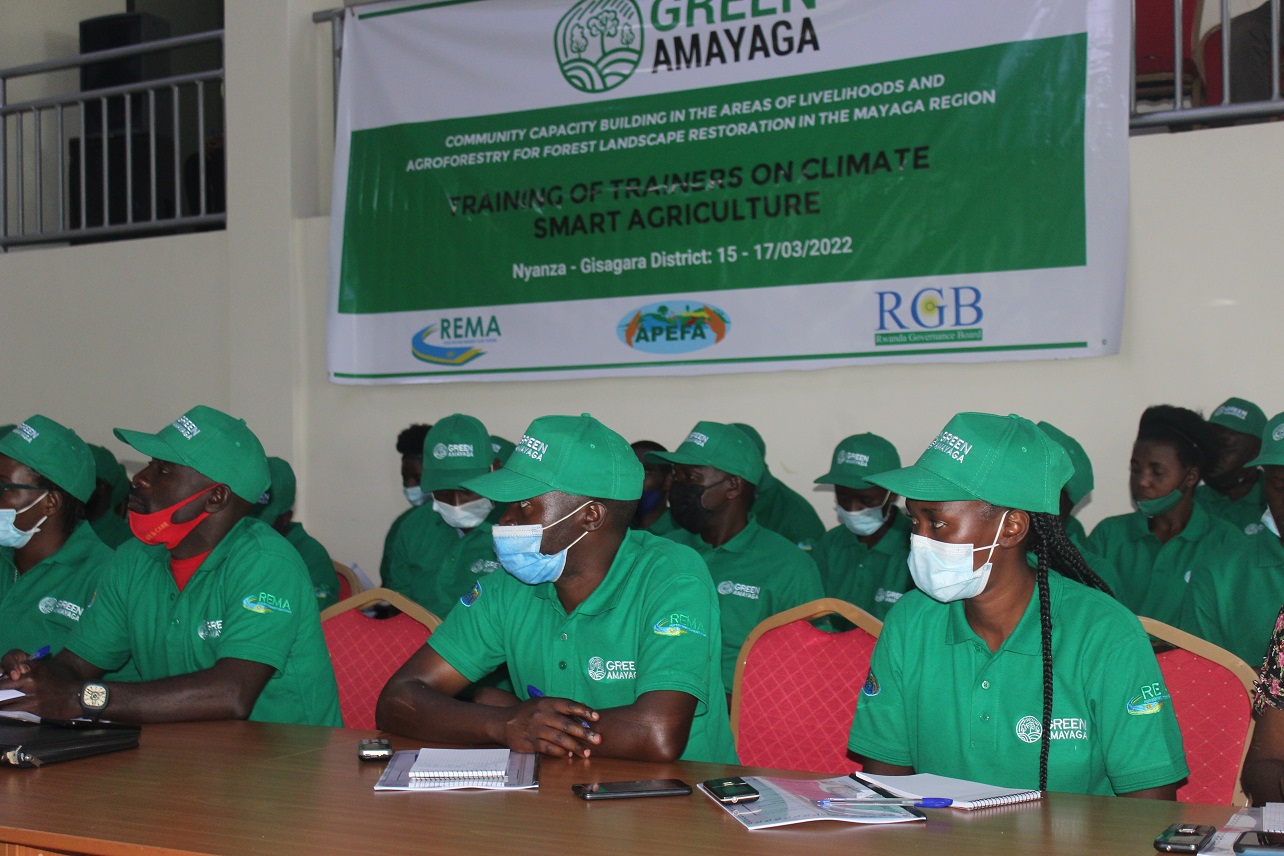
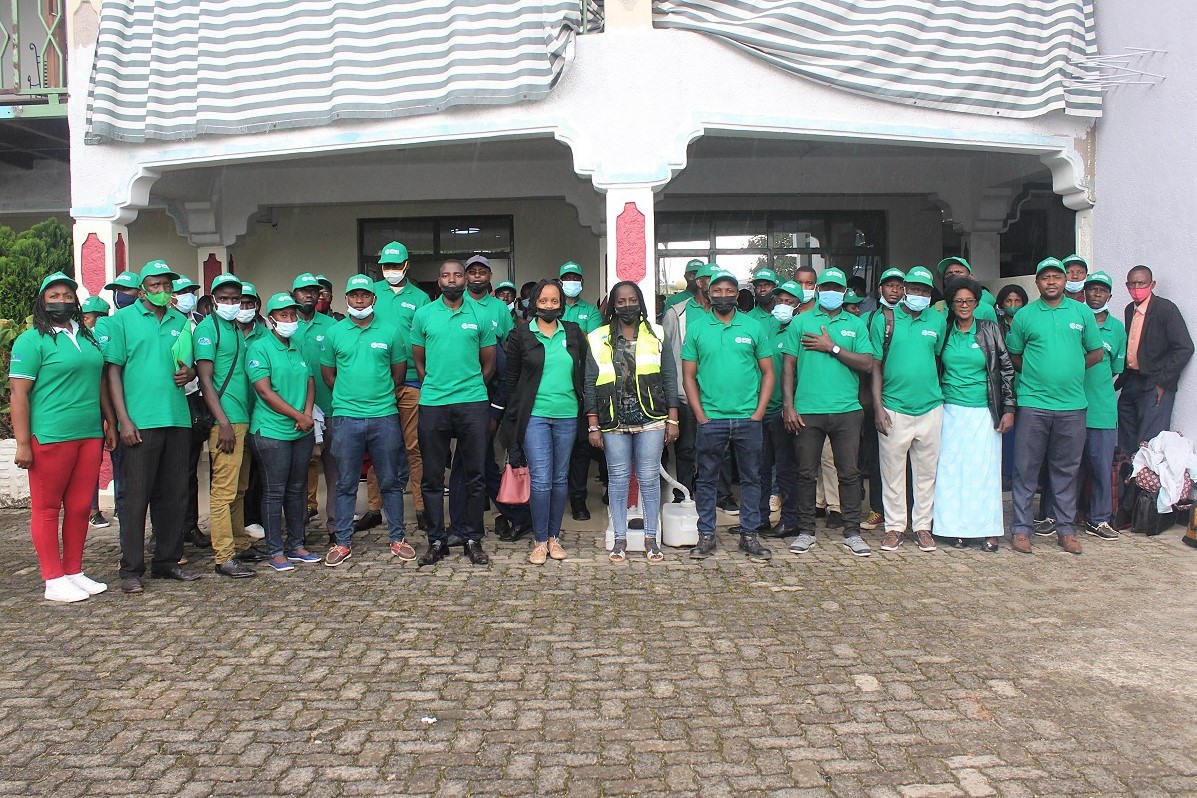
Green Amayaga: Farmers trained on Climate-Smart Agriculture practices
The Rwanda Environment Management Authority (REMA) through the Forest Landscape Restoration in the Mayaga Region – known as Green Amayaga Project – in partnership with Action pour la Protection de l’Environment et la Promotion des Filieres Agricoles (APEFA) conclude a three-day training on climate-smart agriculture practices.
The training was held in Nyanza District and brought together model farmers (extensionists), Cells Social Economic Development Officers (SEDOs), and sector agronomists among other local leaders from Nyanza and Gisagara Districts.
The training was conducted in line with the implementation of Green Amayaga Project Component – Community capacity building in the areas of livelihood and agroforestry for forest landscape restoration in the Mayaga Region – implemented by APEFA, a local Non-Governmental Organization supporting REMA to implement Green Amayaga Project.
The training focused on adaptation and mitigation approaches as ways to deal with widespread climate change effects that affects agricultural production.
“Adaptation can be understood as the process of adjusting to the current and future effects of climate change while mitigation means making the impacts of climate change less severe by preventing or reducing the emission of greenhouse gases (GHG) into the atmosphere” Dr. Marie Chantal Mutimawurugo explained to trainees
Trainees got opportunity to learn more about climate-smart agriculture practices as a way of mitigating climate change risks and effects on agriculture, improved seeds, timely planting, intercropping, crops rotation and irrigation among many others.
Trainees also got opportunity to conduct a study tour with the aim of visiting activities and projects implemented climate-smart agriculture, agroforestry farms and Rwabicuma dam in Nyanza district which ease hillside irrigation for agricultural production on 471 hectares in Nyagisozi and Cyabakamyi sectors in Nyanza district.
After the training, the farmers drafted and signed performance contracts of activities related to climate smart agriculture to be carried out in their respective sectors.
“We now know that climate-smart agriculture is a must for ensuring food security despite climate change effects. Furthermore, plant nutrients must be applied in an appropriate way to avoid environment and land degradation” trainees said after the study tour.
During the training, it was also revealed that the use of appropriate fertilizers helps to not only adapt and mitigate the impacts of climate change, but also contributes to plant growth, increases soil carbon sequestration, enhances crop resilience and reduces nutrient losses among many other benefits.
The Forest Landscape Restoration project in the Amayaga region is a six-year initiative to afforest degraded ecosystems and restore the natural forests of four districts in Rwanda’s Southern Province. It will promote biodiversity, foster ecosystem services, increase agricultural productivity and reduce the vulnerability of people and ecosystems to the impacts of climate change.
The project is supported by the Global Environment Facility (GEF) and the United Nations Development Programme (UNDP) and is being implemented by the Rwanda Environment Management Authority (REMA) in partnership with the Rwanda Forestry Authority (RFA) and the districts of Kamonyi, Ruhango, Nyanza and Gisagara.
Topics
More posts
Rwandans Urged to halt wetlands degradation and contribute to wetlands restoration
Kigali, February 02,2023- Rwanda joins the rest of the world to commemorate World Wetlands Day (WWD) usually celebrated every year with the ultimate…
IMF Managing Director commends Rwanda’s commitment to fighting climate change
The Managing Director of the International Monetary Fund (IMF), Kristalina Georgieva commends Rwanda’s commitment to fighting climate change and being…
Rwanda Environment Management Authority and AKADEMIYA2063 Launched Partnership to Support Climate Mitigation and Adaptation
Kigali, January 11, 2022 – In view of implementing the African Union Commission (AUC) resolution to support African Union (AU) member states to comply…
The new Global Biodiversity Framework with an ambitious plan to protect and restore nature
Montreal, Canada, 22 December 2022 - The “Kunming-Montreal Global Biodiversity Framework” (GBF) adopted at the 15th meeting of the Conference of…
Rwanda launches a five-year initiative to improve hazardous waste management
The Rwanda Environment Management Authority (REMA) and the United Nations Development Programme (UNDP) have today launched a five-year project to…
Rwanda calls on the world to put nature first and agree on an ambitious Global Biodiversity Framework
Rwanda is calling on nations of the world to join hands and agree on an ambitious Global Biodiversity Framework at this UN Biodiversity Conference…
Rwanda and Norway to host a "Roadmap to end plastic pollution by 2024" event at WCEF2022
Rwanda and Norway through the Rwanda Environment Management Authority (REMA) are organising a "Road map to end plastic pollution by 2040" side event…
Negotiations on global treaty to end plastic pollution begin in Uruguay
Rwanda will join nations from around the world in Uruguay to begin drafting a global treaty to end plastic pollution with the first session of the…
AIMS and REMA launch Kigali City Framework for Noise and Air Quality Monitoring Campaign
The African Institute for Mathematical Sciences (AIMS), in partnership with Rwanda Environment Management Authority (REMA), have today launched the…
